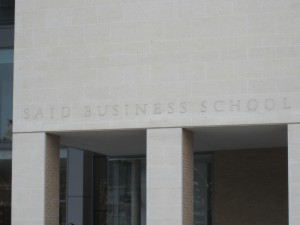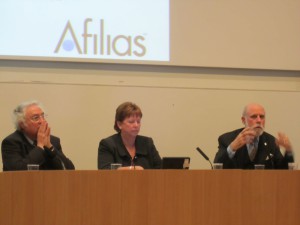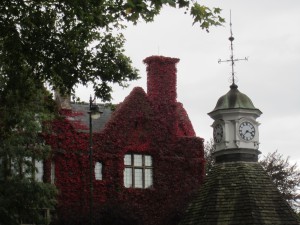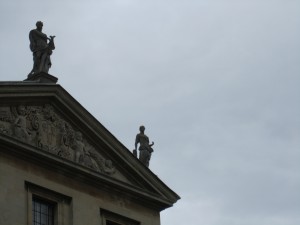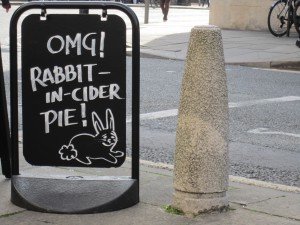I’m happy that my abstract for the Oxford Internet Institute (OII) symposium “Interdisciplinary Insights on the Social Science of Digital Research” got accepted! I’ll be talking about the “the performative character of digital methods”. I’m already looking forward to seeing Malte Ziewitz, Jean-Christophe Plantin, and other exciting Internet researchers again!!!
For those interested, that’s the abstract:
The performative character of digital methods
Scholars following the tradition of the Actor-Network Theory (ANT) have argued that methods do not simply report on a given reality, but rather enact social reality in a certain way (Mol 2002, Law 2004). Methods make “certain (political) arrangements more probable, stronger, more real, whilst eroding others and making them less real.” (Law 2004: 149). Accordingly, it has been shown that research objects are differently performed in different empirical settings rendering them slippery and multiple. This argument becomes particularly striking when thinking of various digital methods performing and depicting web realities in distinct ways, as I will illustrate with my own research. Concretely, I will address the peformative character of digital methods by drawing on an ongoing research project investigating how the biofuel controversy is represented in search engine results compared to classical media; with a particular focus on Sweden (project conducted together with Jenny Eklöf from Umeå Studies in Science, Technology and Environment, Umeå University; data gathered from April 2011-November 2011).
For the purpose of this article, I draw on Google search queries we conducted with a range of different keywords and juxtapose them with hyperlink network visualizations we developed with the software Issuecrawler (from the Govcom.org Foundation, Amsterdam). I will discuss strengths and weaknesses of both methods in terms of understanding how the biofuel issue plays out in search engine results and how link networks contribute to these search results. More fundamentally, I will show how the choice of method shapes the object of study by using concepts from ANT. I will elaborate that observing search results over time enacts the web as a search-engine organized information space and performs search engines as central gatekeepers. Contrary, hyperlink network maps evoke the imagination of the web as a de-centralized information network configured by link connections. Based on this analysis, I will discuss how different digital methods – network visualization tools in particular – bring different aspects of the web to the fore, while hiding others in the background according to the different algorithms they incorporate. Digital methods should thus not be seen as passively representing web reality, but rather as actively shaping the web realities we try to observe. What “ontological politics” (Mol 2008) this implies and what consequences it involves for Internet researchers and the emerging discipline of “digital research” or “e-research” increasingly drawing on (network) visualizations, will be finally discussed.
This research was funded by my HUMlab postdoctoral fellowship (September 2010- February 2012).
References:
Law, John (2004) After Method. Mess in Social Science Research. New York: Routledge.
Mol, Annemarie (2002) The Body Multiple: Ontology in Medical Practice. Durham/ London: Duke University Press.
Mol, Annemarie (2008) Ontological Politics. A Word and Some Questions. Socio-logical Review 46(S): 74-89.


